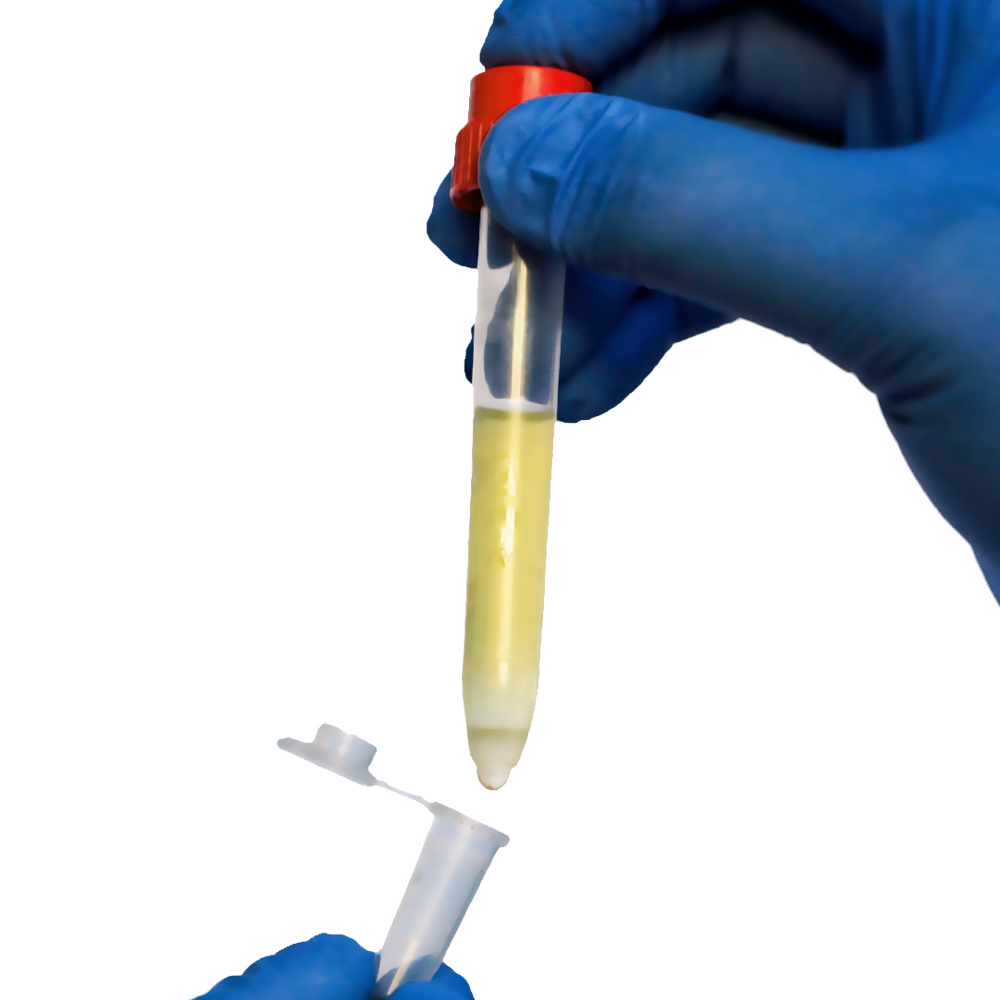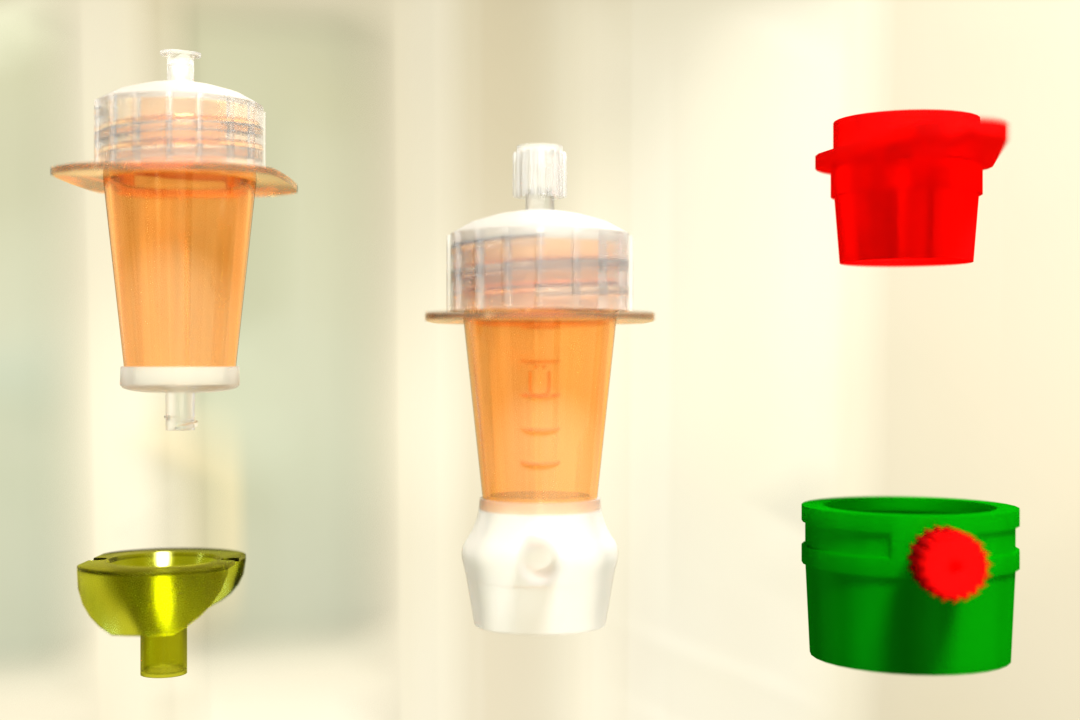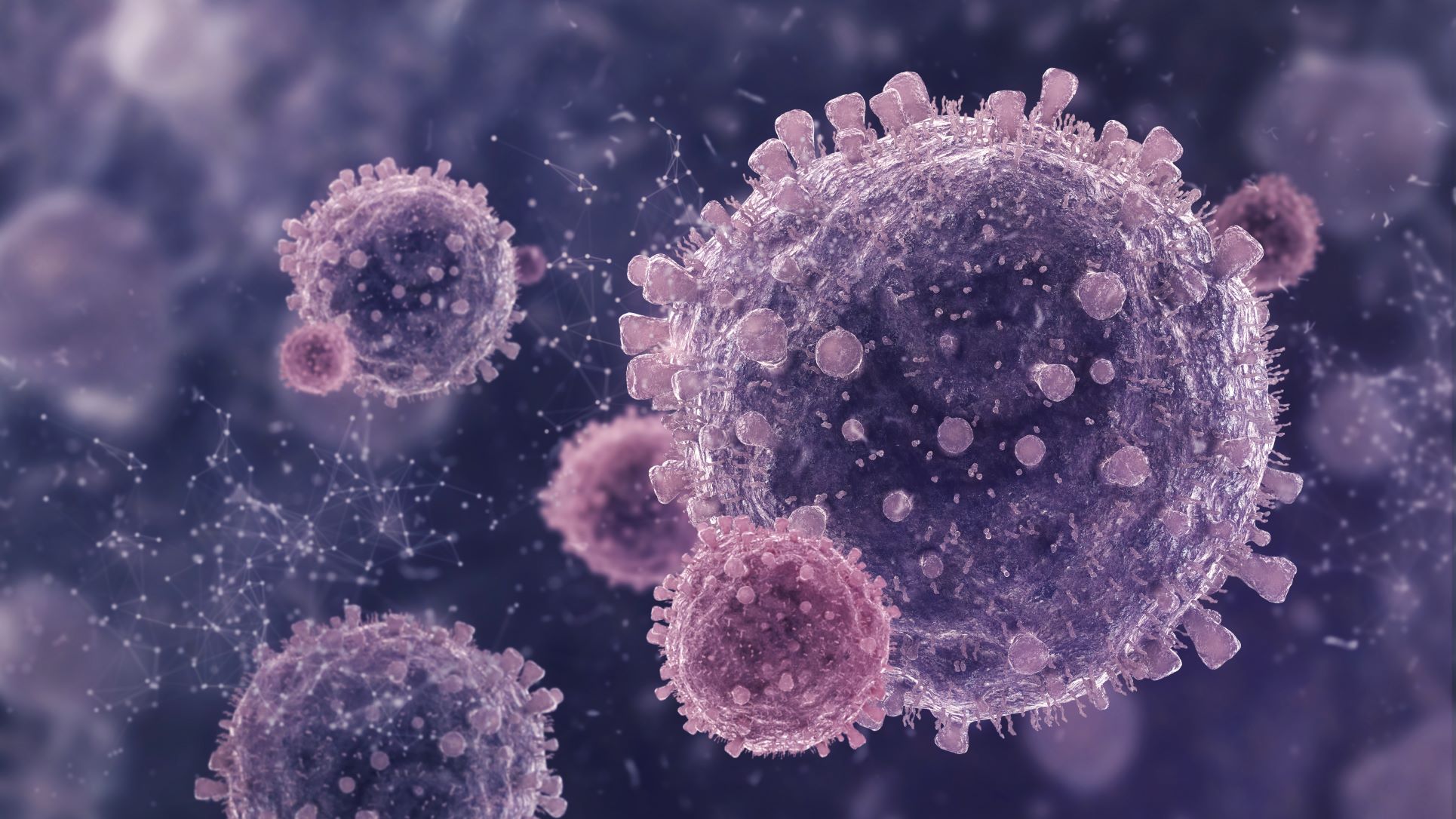Choosing the right cell strainer is a critical decision that can significantly impact the success of your laboratory experiments. Let’s find out the best lab cell strainers in the market.
When it comes to cell strainers for your laboratory research, one size does not fit all. The right cell strainer can significantly impact the success of your experiments and the quality of your results. In this article, we will explore the various options available and help you make an informed decision to meet your specific research needs. We’ll also shed light on the best lab cell strainers on the market, such as pluriStrainer, and introduce you to other valuable options like in-line strainers, steel-basket strainers, and membrane strainers.
Understanding Cell Strainers
Before diving into the specifics of choosing the right cell strainer, let’s take a moment to understand what they are and why they are crucial for laboratory work.
Cell Strainers are essential tools used in biological and biomedical research for a range of applications, including obtaining single-cell suspensions, removing cell aggregates, filtering out unwanted particles, and more. These versatile devices come in various types, each designed to address specific research requirements.
The Best Lab Cell Strainers
pluriStrainer
Introducing the pluriStrainer, one of the best lab cell strainers available in the market. Its unique combination of features and multiple mesh sizes sets pluriStrainer apart from comparable basic cell strainers like Falcon™ or EASYstrainer™. This makes pluriStrainer the top choice for an affordable cell strainer system with flow control, especially when used in conjunction with the Connector Ring.
pluriStrainer Mini is another outstanding option, particularly for researchers working with small sample volumes. These mini strainers offer unmatched flexibility and can fit into a wide range of tubes, including 1.5 ml /2.0 ml reaction tubes, 15 ml conical centrifuge tubes, and 24/48 well plates.
In-Line Strainer: A Specialized Solution
In some cases, your research may require a more specialized approach, such as the use of an in-line strainer. This unique device, also known as the Re-Strainer, comes equipped with two Luer-Lock adaptors and can be used as an in-line filter. Its ability to be connected to a filter cascade makes it exceptional, allowing you to streamline your filtration process and save valuable time in the laboratory. The in-line strainer is valuable to any researcher’s toolkit, especially when working on projects that demand precise filtration and particle detection.
The Versatile Re-Strainers
Speaking of filter cascades, the concept of a strainer cascade is an ingenious way to achieve even finer filtration. By connecting multiple Re-Strainers in a cascade, you can tailor your filtration process to meet the specific requirements of your research. This modular approach provides unparalleled versatility and functionality, ensuring that you can effectively isolate and separate your target cells or particles.
Membrane Strainers for Precision
When precise filtration is paramount, membrane strainers are your go-to choice. These filters come with well-defined pore size exclusion limits, available in 1, 3, 5, and 8 μm pore sizes. This level of precision is ideal for applications where the detection of very small particles is critical. Whether you are working on cell sorting, particle analysis, or other sensitive procedures, membrane strainers can significantly enhance the accuracy of your results.
Steel Basket Strainers: Durability and Reusability
Steel basket strainers come to the rescue for processes where plastic cell strainers are unsuitable. These strainers feature fine-mesh stainless steel mesh and are designed to fit 50 ml centrifuge tubes. Their robust construction makes them suitable for applications that demand durability and reusability. Steel basket strainers are a reliable alternative if you frequently encounter situations where plastic strainers fall short.
Conclusion
In the world of laboratory research, the choice of the right cell strainer can make all the difference. The best lab cell strainers, such as pluriStrainer, offer a combination of features and mesh size options that cater to a wide range of research needs. For those seeking specialized solutions, in-line strainers, strainer cascades, and membrane strainers provide the precision and flexibility required for success. And when durability and reusability are paramount, steel basket strainers step up to the plate.
The key to achieving the best results in your research lies in selecting the most suitable cell strainer for your specific needs. Don’t compromise on quality or precision; choose the best lab cell strainers like pluriStrainer to ensure your experiments yield the desired outcomes. Whether you’re pursuing single-cell suspensions, particle detection, or any other research application, the right cell strainer is your indispensable partner in the laboratory. So, make an informed decision and elevate the quality of your research with the perfect cell strainer for your project.
 English
English French
French
 German
German
 Spanish
Spanish
 Belgium
Belgium
 Italian
Italian Brazil
Brazil Chinese Mandarin
Chinese Mandarin




